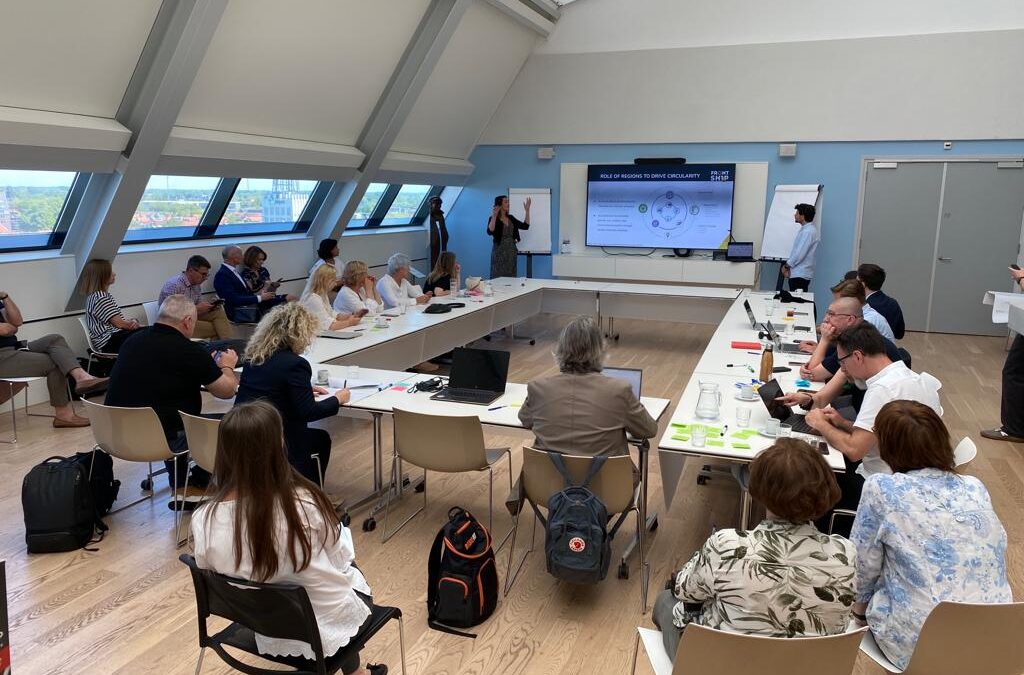Bozen, 11 October 2022
Click here to read the original article in Italian.
In the Bioenergy & Biofuels laboratory of the Free University of Bozen (Unibz) at the Noi Techpark, researchers from Unibz have found a way to valorise and transform wood packaging that can no longer be reused, into a possible source of income for companies to reduce CO2 emissions and the dependence on natural gas.
From wood waste, through a gasification process, it is possible to obtain both gases for heating industries and homes, and char, a material currently disposed of as industrial waste that represents a cost for companies.
The researchers, directed by Professor Marco Baratieri are supported by Professor Francesco Patuzzi and researcher Vittoria Benedetti. They are partners in a large research and innovation consortium on circular economy: our Frontsh1P project which is funded by the European Union under the Horizon 2020 research and innovation programme.
In the gasifier used in the project, adapted by the German partner company Burkhardt, various types of wood waste from the previous packaging are burned.
From this process, synthetic gas is extracted as the first product that can replace the use of natural gas in industrial plants. From the initial mass of wood waste, about 10% of char remains, a carbonaceous solid material similar to charcoal is considered a real industrial waste and must be disposed of appropriately according to current regulations.
“In our laboratory, we explore the possibilities of using char to lower the costs associated with running the gasification plant and disposing of the solid waste that remains at the end of the process” Baratieri explains. The special characteristics of char make it suitable for numerous industrial and agricultural uses: these two areas will be the focus of the Unibz laboratories’ research.
The prospects are very promising, but at the moment there are still some problems to be solved. “There are doubts about the technical feasibility, especially with regard to the type of material to be processed”, warns Baratieri. “This needs to be converted into pellets in order to be gasified in our plant. In addition, the wood waste could be contaminated with chemicals or objects, such as metal nails, which would be harmful to the gasifier”.



